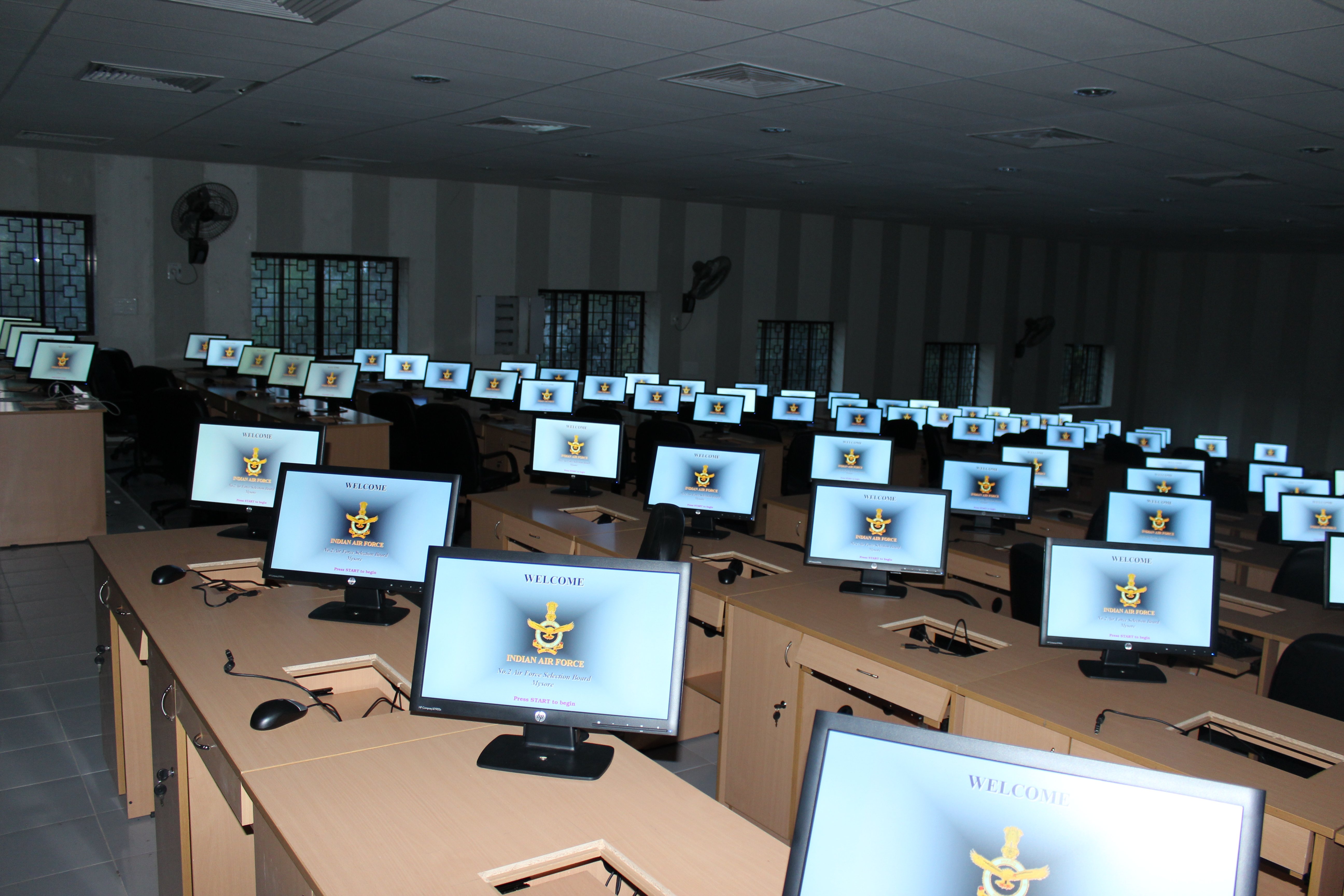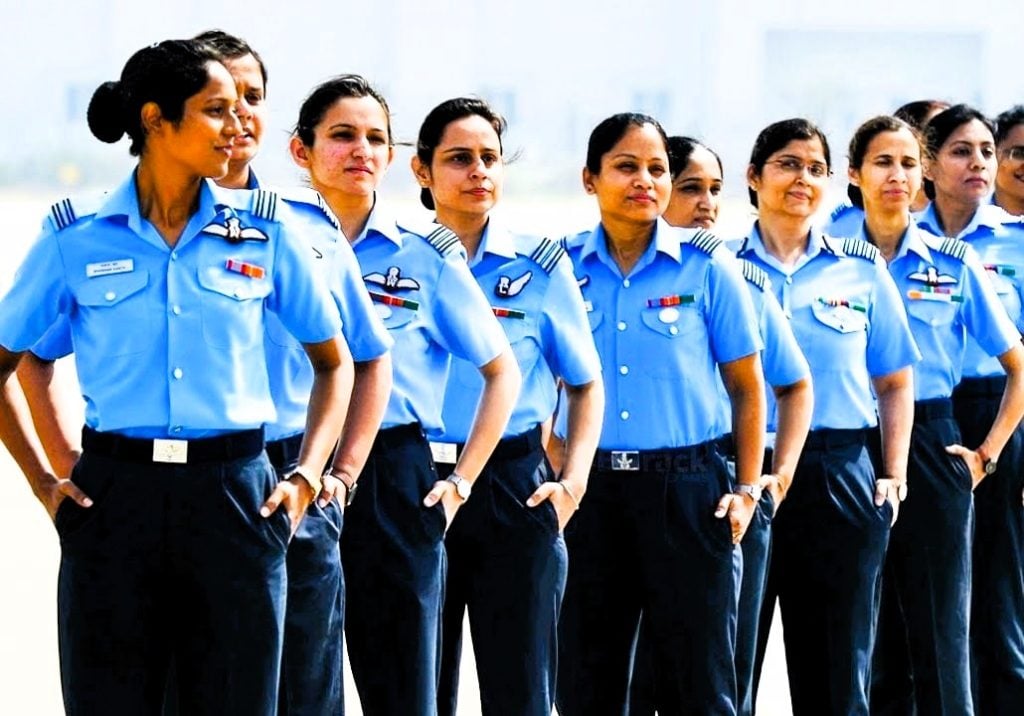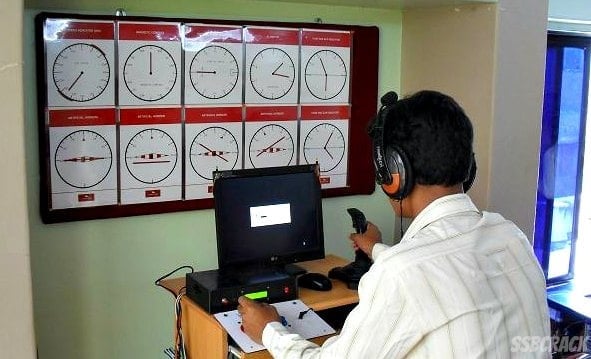Becoming a pilot in the Indian Armed Forces is a coveted dream for many aspiring defence personnel. However, the journey to this prestigious role is paved with a rigorous selection process, the cornerstone of which is the Computerized Pilot Selection System (CPSS). This state-of-the-art assessment tool, developed by the Defence Research and Development Organisation (DRDO), has replaced the traditional Pilot Aptitude Battery Test (PABT) and is now the gateway to the Indian Air Force’s (IAF) flying branches.
In this comprehensive guide, we will delve into the Tips and Tricks for Cracking CPSS in AFCAT, unraveling its purpose, structure, and the critical skills it evaluates. Moreover, we will share invaluable tips and strategies to help you navigate this pivotal test with confidence and emerge victorious. Whether you’re a seasoned defence aspirant or just beginning your journey, this article will equip you with the knowledge and tools necessary to conquer the CPSS and take a step closer to your dream of becoming an IAF pilot.
The Evolution of Pilot Selection: From PABT to CPSS
The Indian Armed Forces have long recognized the importance of selecting the most capable and skilled individuals to pilot their advanced aircraft. Prior to the introduction of CPSS, the IAF relied on the Pilot Aptitude Battery Test (PABT), a traditional assessment system that had been in use for decades.
However, as the IAF’s aircraft fleet evolved, with the induction of cutting-edge platforms like the Su-30, Tejas, and the upcoming fifth-generation fighters, the need for a more comprehensive and technologically advanced selection process became increasingly apparent. This realization led to the development of the Computerized Pilot Selection System (CPSS), a groundbreaking assessment tool that aims to identify the most suitable candidates for the demanding role of an IAF pilot.
Also Read | Difference between CDS and AFCAT Exam
Understanding the CPSS: Assessing Cognitive and Psychomotor Skills
The Computerized Pilot Selection System is designed to evaluate the cognitive and psychomotor abilities of aspiring pilots, ensuring that only the most qualified individuals are selected to operate the IAF’s state-of-the-art aircraft. The CPSS assessment is divided into two distinct stages, each designed to assess a specific set of skills.
Stage 1: Cognitive Ability Test
The first stage of the CPSS is the Cognitive Ability Test, which assesses the candidate’s mental capabilities and aptitude for the demanding role of a pilot. This comprehensive test evaluates the following key areas:
- Instrument Comprehension: Candidates are tested on their understanding of aircraft instruments, such as the airspeed indicator, artificial horizon, altimeter, heading indicator, turn coordinator, and vertical speed indicator. They must demonstrate their ability to accurately read and interpret these critical cockpit instruments.
- Verbal Reasoning: This component assesses the candidate’s verbal skills, including their ability to comprehend written information, identify relationships between words and concepts, and draw logical conclusions.
- Numerical Ability: Candidates are evaluated on their proficiency in basic mathematical operations, data interpretation, and problem-solving with numerical quantities.
- Spatial Reasoning: This test measures the candidate’s ability to visualize and manipulate three-dimensional objects and scenarios, understand spatial relationships, and perform mental rotations.
- Instrument-Based Flight Procedures: Candidates are assessed on their ability to apply cockpit information to maintain course, altitude, and safe aircraft operation.
Stage 2: Psychomotor Test
If the candidate successfully clears the Cognitive Ability Test, they move on to the Psychomotor Test, which evaluates their physical and coordination skills. This stage involves the candidate interacting with a sophisticated cockpit simulator, where they are required to perform a series of tasks using a joystick, pedals, and other aircraft controls. The Psychomotor Test assesses the following key aspects:
- Sensory-Motor Skills: Candidates’ ability to coordinate their hands, feet, and eyes to control the aircraft’s movements.
- Control Velocity: Their capacity to make precise and timely adjustments to the aircraft’s controls.
- Dual-Task Performance: The candidate’s ability to multitask and perform concurrent tasks effectively.
- Spatial Awareness and Visualization: Their aptitude for perceiving and processing spatial information in the simulated cockpit environment.
Throughout the Psychomotor Test, candidates are given multiple attempts to complete each task, with their best performance being considered for the final evaluation.
Also Read | Career Opportunities Offered by the AFCAT Exam
Mastering the CPSS: Strategies for Success
Cracking the CPSS is no easy feat, but with the right preparation and mindset, aspiring IAF pilots can increase their chances of success. Here are some key strategies and tips to help you excel in the CPSS:
Familiarize Yourself with Aircraft Instruments
One of the critical aspects of the CPSS is the candidate’s ability to accurately read and interpret aircraft instruments. Invest time in thoroughly understanding the function and operation of each instrument, such as the airspeed indicator, artificial horizon, altimeter, and heading indicator. Practice identifying the correct readings and understanding how they relate to the aircraft’s performance and orientation.
Develop Cognitive Abilities
The Cognitive Ability Test in the CPSS evaluates a wide range of mental skills, from verbal reasoning to spatial awareness. Engage in activities that challenge and enhance these cognitive abilities. Solve logic puzzles, play strategy games, and practice spatial visualization exercises to sharpen your mind and improve your performance on the test.
Hone Your Psychomotor Skills
The Psychomotor Test in the CPSS requires candidates to demonstrate their hand-eye coordination, reaction time, and multitasking abilities. Regularly engage in activities that involve fine motor skills, such as video games, flight simulation software, or even sports that require precise movements. This will help you develop the necessary psychomotor skills to excel in the CPSS.
Practice, Practice, Practice
The CPSS is a unique assessment that requires specific skills and knowledge. Familiarize yourself with the test format, the types of questions, and the scoring system. Utilize online resources, mock tests, and simulation apps to practice and refine your performance before the actual CPSS.
Maintain a Healthy Lifestyle
Physical and mental well-being play a crucial role in your CPSS performance. Ensure you get adequate sleep, exercise regularly, and maintain a balanced diet. Engage in stress-management techniques, such as meditation and mindfulness practices, to keep your mind calm and focused during the test.
Develop a Positive Mindset
Approach the CPSS with a confident and determined mindset. Believe in your abilities, and trust in the preparation you have undertaken. Remember that the CPSS is designed to assess your potential, not to intimidate you. Embrace the challenge and view it as an opportunity to showcase your skills and dedication.
Also Read | AFCAT Exam Preparation: Your Pathway to Success
Conclusion
In summary, the Computerized Pilot Selection System (CPSS) is a crucial component of the AFCAT selection process, designed to assess candidates’ cognitive abilities and suitability for the role of a pilot in the Indian Air Force. Understanding the structure and nature of the CPSS is essential for aspirants aiming to excel in this phase of the selection.
To crack the CPSS, candidates should focus on several key strategies: familiarizing themselves with the test format, engaging in regular practice through mock tests, and honing their spatial and analytical skills. Additionally, maintaining a calm and focused mindset during the assessment can significantly enhance performance. With dedication and the right preparation techniques, aspirants can boost their confidence and increase their chances of success in this pivotal evaluation, ultimately paving the way for a rewarding career in the Indian Air Force.
FAQs
1. Is the CPSS test hard?
CPSS is a specialized exam that requires ample practice and expert guidance. Without professional support, it can be very challenging to pass, as adequate preparation is essential for success.
2. What if I fail in CPSS?
The Computerised Pilot Selection System (CPSS) will be conducted exclusively for candidates who have been recommended. This test can only be taken once in a lifetime. Candidates who have previously failed the CPSS/PABT or Flight Cadets suspended from flying training at the Air Force Academy will not be eligible to participate.
3. How to clear CPSS?
Getting ready for the CPSS test involves more than just mental sharpness; physical fitness is also crucial. Make sure to participate in regular exercise to improve your stamina, agility, and overall health. Furthermore, incorporate mindfulness and stress-relief practices to ensure you maintain a strong mental state.
4. How many attempts are there for CPSS?
The CPSS is a unique, one-time test that candidates can take only once in their lifetime. If a candidate does not pass the CPSS, they will be ineligible to join any flying branch of the Indian Armed Forces. However, if a candidate has chosen the Air Force, they may still qualify for ground duty positions, both technical and non-technical.
5. What is CPSS in AFCAT?
Candidates recommended for the flying branch must also take the Computerised Pilot Selection System (CPSS) test.









